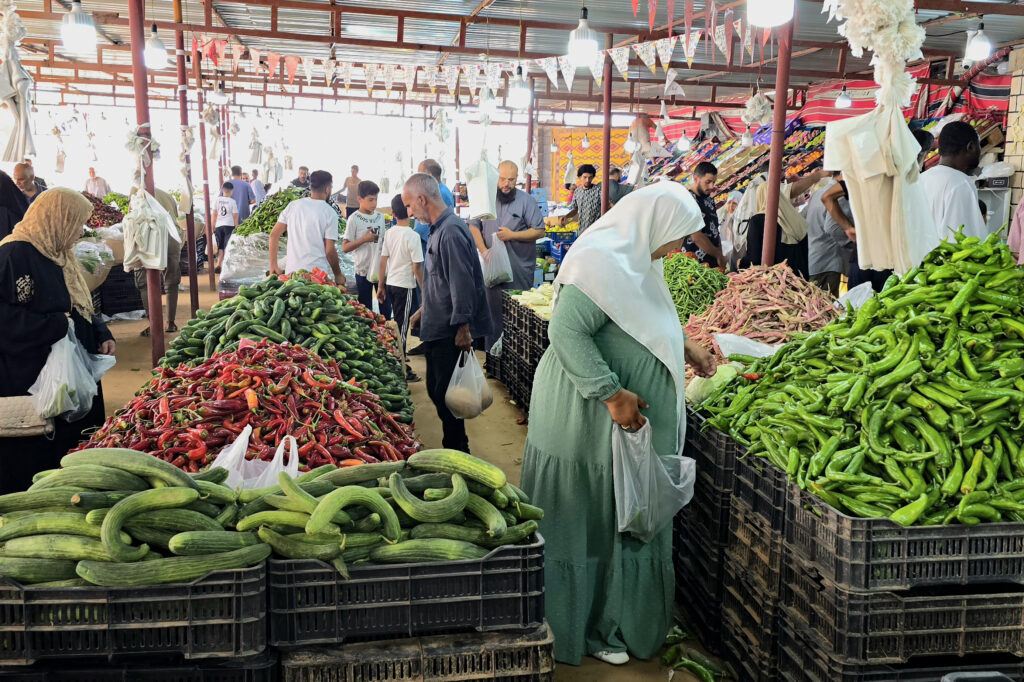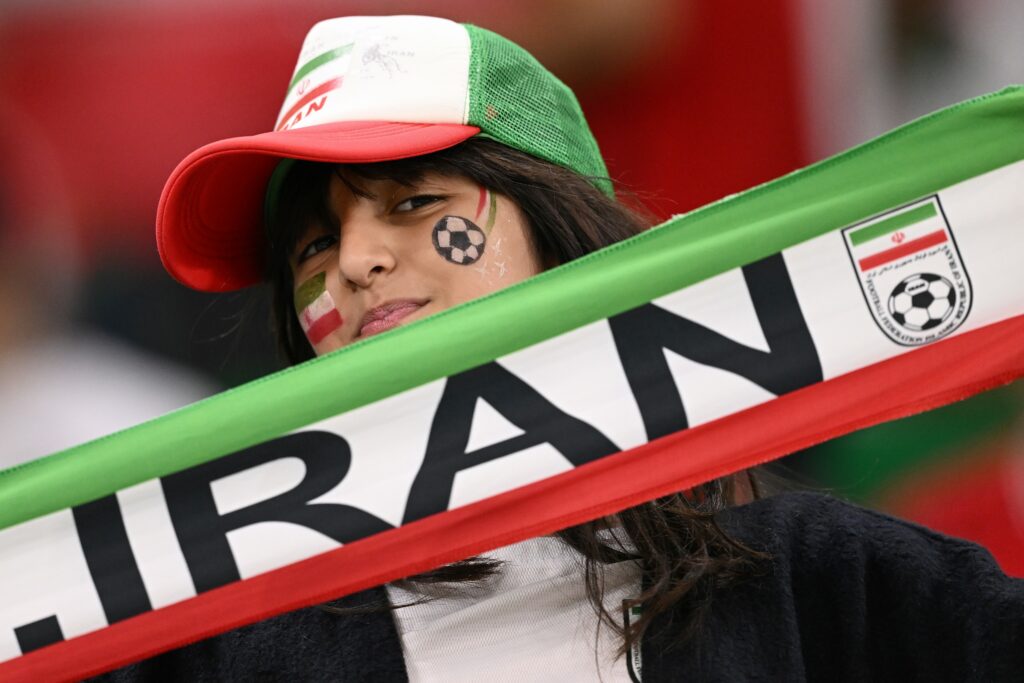Libyans fear return of deadly violence as Eid begins
Residents of the Libyan capital were preparing for the Islamic holiday of Eid al-Adha in relative peace after deadly clashes last month, but they were unconvinced it would outlast the festivities.With celebrations set for Friday, Randa al-Mahmoudi, a schoolteacher in her thirties, said she was trying to keep life steady for her three children.”We try, at least for the children, to do things as usual, without thinking about what might happen,” she said, shopping in a supermarket in Siyahiya, a western district of Tripoli. “Otherwise, we can’t live.”Despite “everything looking normal in Tripoli with traffic jams, open shops and schools, and flights operating,” Mahmoudi said, she “can feel something is off”.Nureddin al-Shaouesh, a 48-year-old radio technician, said his children would “tremble when they hear wedding fireworks”, thinking they were gunshots in the capital.Another local, Hamza al-Ahmar, 39, wondered: “What will happen after Eid? That’s the question on everyone’s mind.”The Libyan capital was rocked in May by several days of fighting between rival armed groups. The 444 Brigade, aligned with the Tripoli-based government, fought several powerful rival factions in control of various areas of the city.Libya is split between the UN-recognised government in Tripoli, led by Prime Minister Abdulhamid Dbeibah, and a rival administration in the east.The North African country has remained deeply divided since the 2011 NATO-backed revolt that toppled and killed longtime leader Moamer Kadhafi.- Fragile truce -The clashes were sparked by the killing of Abdelghani al-Kikli, the leader of the SSA armed group, by the 444 Brigade, which later took on another rival faction, Radaa.The fighting came after Dbeibah announced a string of executive orders seeking to dismantle armed groups that he later said had “become stronger than the state”.A fragile truce ensued, but many Tripolitans remained on edge after the clashes, which killed at least eight people, according to the United Nations.”On the surface, things are calm,” said Fathi Shibli, a 64-year-old retired teacher. “But I wouldn’t say it’s a return to normal. People are afraid of new fights because the root of the problem is yet to be resolved.”The area once under SSA control has since been taken over by the 444 Brigade, which claimed to have discovered a mass grave there containing dozens of bodies.On Wednesday, UN Human Rights Commissioner Volker Turk raised alarm over “gross human rights violations uncovered at official and unofficial detention facilities run by the Stabilisation Support Apparatus (SSA) force in Tripoli”.- ‘We’ll see what happens’ -The UN support mission in Libya said “10 charred bodies” were found at the SSA headquarters in Abu Salim, its former stronghold in the capital, while “a total of 67 bodies in refrigerators” were discovered at two local hospitals.A burial site was also reportedly found in Tripoli’s zoo, formerly managed by the SSA.”We’ll see what happens,” said Mahmoudi. “There’s a new reality in Tripoli after Gheniwa’s death and the tensions with Radaa.”Hundreds of people — mostly from the Radaa-controlled Souq al-Joumaa district — have protested for the past three Fridays in the capital to demand Dbeibah’s resignation.”I want him gone, but with the current chaos and a rival government in the East watching closely, toppling this government would be a mistake,” said Ahmar.Shibli said the issue was beyond the UN-backed premier, citing inefficiencies across the board: “Dbeibah’s departure won’t fix the crisis. He’s just one part of the problem.”Presidential and parliamentary elections under UN supervision were scheduled for December 2021, but they were indefinitely postponed due to unresolved disputes between the country’s eastern and western powers.




